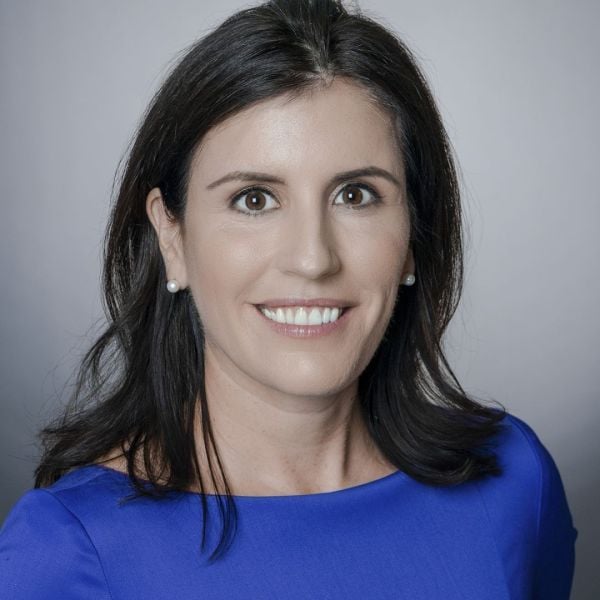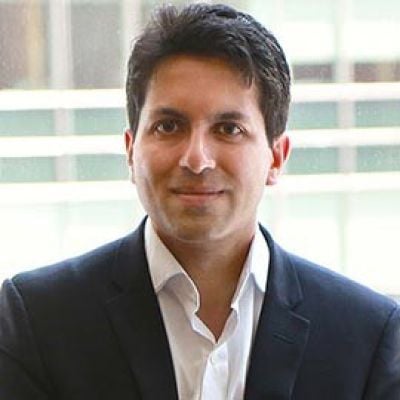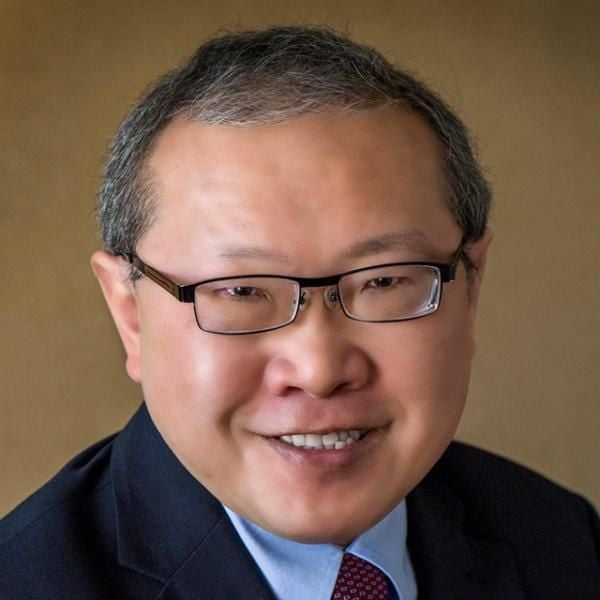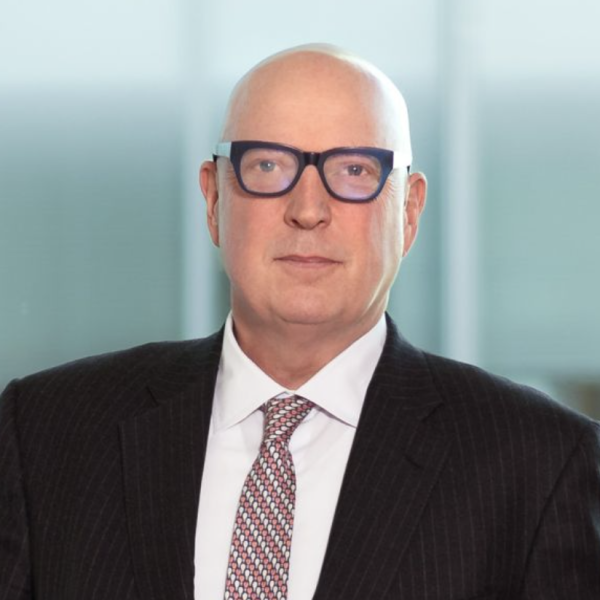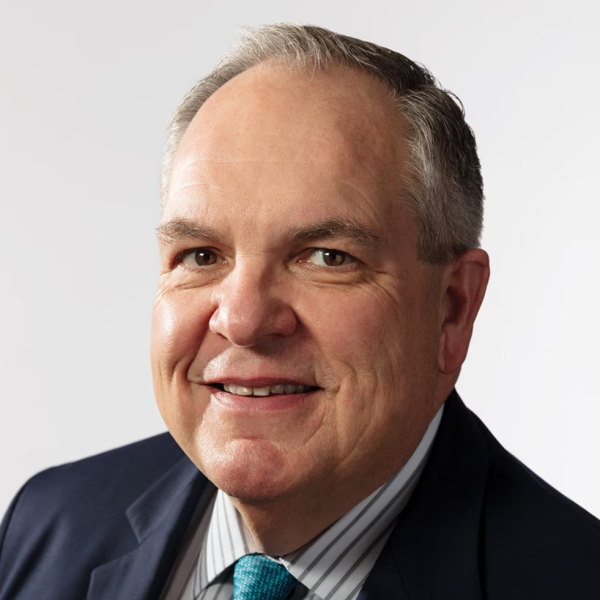
Back in 2014, Nobel Peace Prize winner Muhammad Yunus stated that “everybody is entitled to financial services...access to credit is a human right.” The pandemic, along with its devastating death toll, heightened pre-existing socioeconomic inequalities and was merciless on small businesses that, typically, did not have the economic buffer that often helped buoy the rest of society.
Globally, most governments acted swiftly to support small businesses, provisioning loans and payment protection plans. Yet, with the trade finance gap already a threat pre-pandemic at $1.5trillion, there are now fears that this could rise to $2.5 trillion by 2025. And with small and medium enterprises (SMEs) making up around 90 percent of global businesses and employing over half of the world’s workforce, this is not a sector that can be overlooked—nor its contribution underestimated.
I recall reading, at the start of the pandemic, that many SMEs in the UK had only enough cashflow to last two weeks. Access to affordable trade credit has always been a top priority, but the major barrier to growth–and this must change.
It Has Never Been More Important to Improve Access to Finance
As businesses now begin to rebuild their livelihoods, it’s critical that corporates, policymakers, financiers, and technologists come together to rethink how to connect businesses to credit. It has never been so important to make access to financial services as simple and frictionless as possible.
Everybody is entitled to financial services, and access to credit is a human right.
Access to affordable trade credit has always been a top priority but the major barrier to growth — and this must change
One of the few positive outcomes of the pandemic is that leaders, regardless of industry, size, or location, all faced the challenge of transforming business models overnight. I think that most of us were surprised at the speed at which we could drive tremendous change, and this gave us the confidence to not just reconfigure our businesses but reimagine them through a new lens. We must build back better to bridge the widening socioeconomic divide.
What Better, Fairer Outcomes Can We Create? How Can We Redefine Finance for Good?
At Finastra, when COVID-19 hit, we successfully built and deployed software to distribute governmental support to US SMEs, end-to-end in just a few short weeks. To see what we could achieve, under pressure, for the benefit of many, gave us a renewed sense of our role in industry. It showed us the power of technology to support the world’s people, communities, and businesses, and led us to look at other ways we could bring about better, fairer outcomes. We call this “redefining finance for good.”
We onboarded FinTechs and universities to our platform that could quickly provide our customers with new functionalities during COVID-19—from scenario modeling to cross-border remittances. Our global customer base of financial institutions could continue to lend and support their customers. We embarked upon a mission to eradicate bias from AI, particularly in credit decisioning. And most recently, we teamed up with the International Chamber of Commerce (ICC) to create ICC TRADECOMM, a marketplace that connects SMEs with alternative trade finance options.
A Shared Responsibility to Act, and a Vision of SME Empowerment
ICC Secretary General John W.H. Denton has long been an active member of our World Trade Board, and we share an understanding of our responsibility to act, to support the hundreds of thousands of businesses that need access to immediate short-term liquidity. Crucially, this ecosystem model brings new investors to the table, as well as equipping SMEs to keep trading internationally.
I am most proud of this new way of working, which we call “Ecosystem Orchestration,” that, with a better-together mindset, helps those redefining finance for good approach the ongoing trade finance gap challenge. As a case in point, we have recently embarked on a pilot program in Ecuador to help SMEs—which make up 99 percent of the country’s businesses—access the trade credit they need to sustain and thrive. The credit that they are entitled to. I believe that, across every industry, every leader has been given a once-in-a-lifetime opportunity to reimagine their role in a post-pandemic world. To redefine themselves and their organizations for “good” and create not just a beneficial legacy but, I hope, one of the foundational pillars of a fairer and more equitable world.


